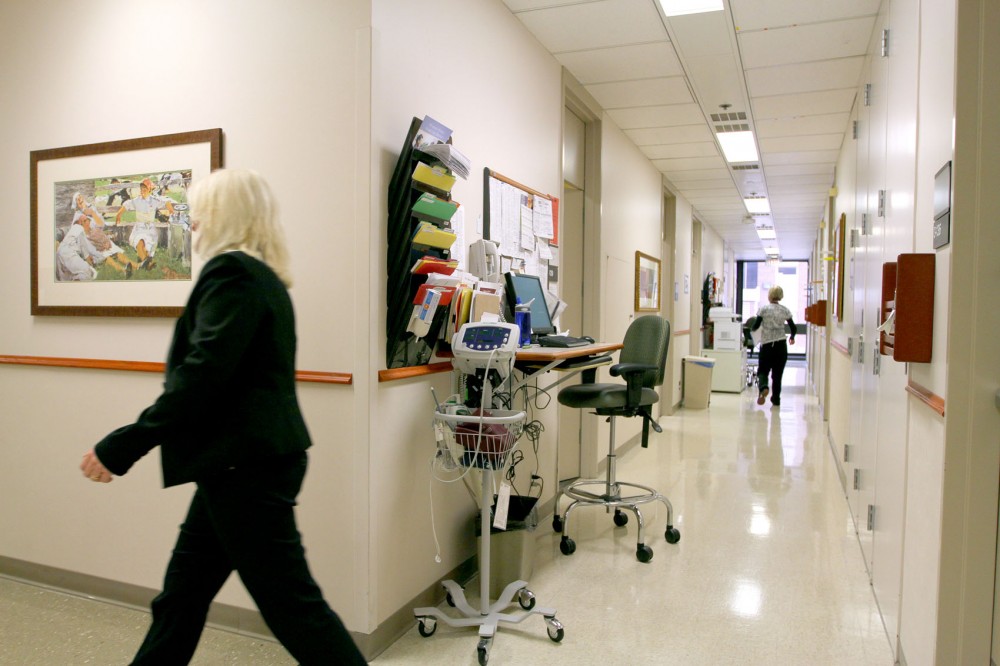Ten incoming freshmen will be selected to participate in a seven-year program that guarantees acceptance into the University of Minnesota medical school.
School leaders started the new BA/MD program to ensure that students work as physicians in Minnesota state after graduation.
A panel from the Medical School and the College of Liberal Arts conducted interviews with 20 applicants last week and are in the selection process.
To get into the program, Minnesota high school students who have been accepted into CLA and indicate an interest in medical careers are reviewed for experience in medicine and leadership are invited to apply. Grades are also factored.
Students in the program have to declare undergraduate majors in biology, society and environment, or physiology.
“Our review team is looking for medically related experience,” said Taisha Mikell, the medical school’s director of pipeline programs, a program to help accelerate degree progress. “We want to make sure that they are mature, because this is going to be an early and long-term commitment to the field of medicine.”
Dimple Patel, the Medical School’s associate dean for admissions, said the goals of the program are to invest in future physicians earlier in their education and to create a diverse workforce.
“We want our students to be culturally aware, professional,” she said. “We want them to have a rigorous education that allows for creativity.”
Patel said she is hoping that the program will encourage students to stay in the Minnesota workforce. BA/MD students will receive mentorship, exposure and encouragement to continue in the program.
“It’s designed also to produce physicians to serve an increasingly diverse population in the state of Minnesota,” Patel said.
Mikell said the idea was proposed in 2015 and the Board of Regents approved it last summer.
Students were reviewed for certain attributes according to guidelines from the Association of American Medical Colleges.
Nanette Hanks, CLA’s associate dean of curriculum, helped with the planning stages of the program and said about 50 schools in the U.S. already have similar programs.
Hanks said her main concern was making sure students were supported through the intensive and lengthy program.
“We want to make sure that the students are going to be supported,” she said, adding that the medical school has recruited 10 physicians outside of the University to mentor the students. “It’s part of our effort to train our own workforce.”
Patel said the program will work closely with undergraduate student services to ensure that students get help when they are struggling.
Medical school staff researched other schools around the country who have accelerated degree programs and studied how medical education looks internationally.
“In most places around the world, the idea of having a baccalaureate degree plus … four years of medical education doesn’t really exist,” Patel said.








